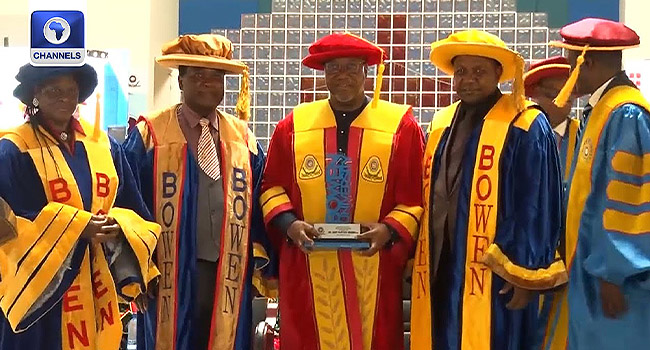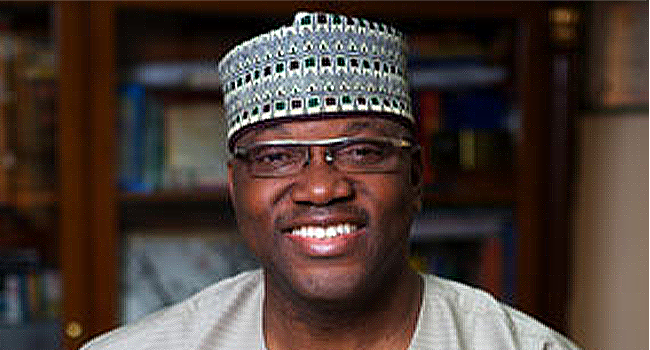The International Panel on the Information Environment (IPIE) has announced the appointment of renowned broadcast journalist and media entrepreneur, Dr John Momoh, OON, as a member of its board.
Dr Momoh, who is Chairman and CEO of Channels Television, an independent and multiple award-winning 24-hour news and media television channel based in Lagos, will bring decades of expertise from frontline media reporting and ownership to the role.
“I am thrilled to join the board of the IPIE at this pivotal moment. Our global community demands concerted action and solid evidence to counteract the pollution plaguing the world’s information environment. Together, we can forge paths toward clarity and truth,” Dr Momoh said.
“Creating a global information environment that fosters human advancement rather than obstructing it necessitates a multidisciplinary collaboration that transcends languages and political boundaries. This is the essence of the IPIE’s mission and the foundation upon which we operate.
“The IPIE is dedicated to a vital mission: achieving scientific consensus on strategies to enhance the global information landscape. I am honored to contribute to this global effort, guiding the development of an institution committed to a scientifically informed approach.”
Professor Phil Howard, co-Founder and CEO of the IPIE said: “We are really delighted to welcome John Momoh as a Board member. He brings an unparalleled depth of understanding on the threats facing the information environment and the workings of the media landscape, both in Nigeria, across Africa and globally and his guidance on these seismic issues will help guide our work in years to come.”
The IPIE now has almost 300 scientists from 60 countries around the world with 60% from the Global South, and gender parity in the scientific network, representing disciplines across the behavioral, computer and social sciences—diversity that gives the IPIE credibility and mandate.
Dr Momoh added: “In regions like Nigeria and across Africa, AI bias, algorithmic manipulation, and disinformation tarnish our media landscape. While much of the research on these issues originates from the US, UK, and Europe, the prevalence of misinformation is global, often occurring in diverse languages.
“The IPIE recognises the need for broad-based research contributions, particularly from Africa and other underrepresented regions, to truly understand and address these challenges. I eagerly anticipate the impactful work we will undertake together.”
The IPIE is an independent and global science organisation committed to providing the most actionable scientific knowledge about threats to the world’s information environment.
The mission of the IPIE is to provide policymakers, industry, and civil society with independent scientific assessments on the global information environment by organising, evaluating, and elevating research, with the broad aim of improving the global information environment.
Hundreds of leading scientists from around the world contribute to IPIE’s research and outputs.





